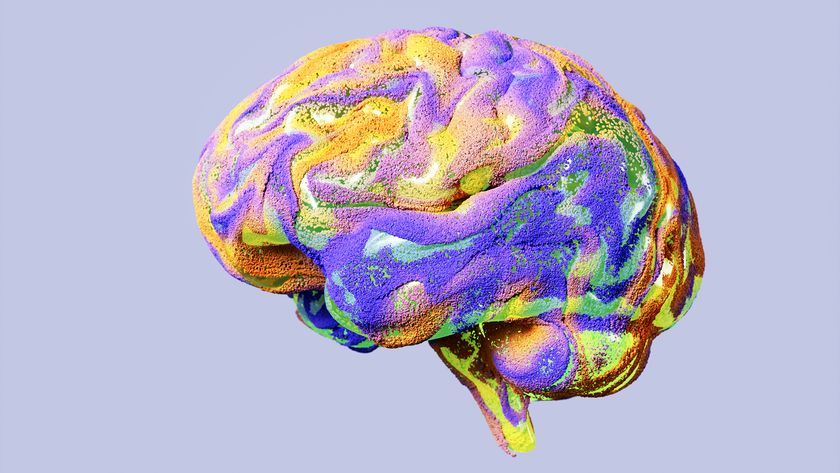What It Means to Be Brain Dead
As Twitter accounts light up with well wishes for Usher Raymond, also known as Usher, following a jet ski accident that left his 11-year-old stepson brain dead, questions swirl around both the accident itself and brain death.
According to TMZ, victim Kyle Glover has not experienced any brain activity since he was admitted to the hospital.
HOWSTUFFWORKS: How Brain Death Works
Kyle and a 15-year-old girl were run over by a personal watercraft on Lake Lanier in Atlanta last week, the Atlanta Journal Constitution reported.
Unlike a coma, brain death is irreversible. Coma patients have some neurological signs, although they may progress to brain death, whereas patients with brain death have none, according to a HowStuffWorks article on brain death. While patients who are brain dead can keep breathing on a ventilator, they can never "wake up."
Several types of brain injury can lead to brain death, according to HowStuffWorks. Severe trauma, such as a gunshot wound, and going without oxygen or glucose for more than six minutes, as in a drowning or smoke inhalation, are obvious examples. If CPR is started within those first six minutes, the brain may survive. After six minutes without getting oxygen, the brain starts to die.
NEWS: Did Brain Injury Play a Role in Afghan Massacre?
Sign up for the Live Science daily newsletter now
Get the world’s most fascinating discoveries delivered straight to your inbox.
Other causes include strokes, aneurysms, infections, tumors and drug overdoses. Bleeding in the brain leads to swelling and pressure when ventricles collapse. If the increasing intercranial pressure (ICP) isn't treated through medication or surgery, the pressure continues to build until it equals the patient's blood pressure. As blood stops entering the brain, the brain dies.
Federal regulations require that families be given the option of organ donation. There's no word yet on the family's decision on how long to keep Kile on life support.
This story was provided by Discovery News.












